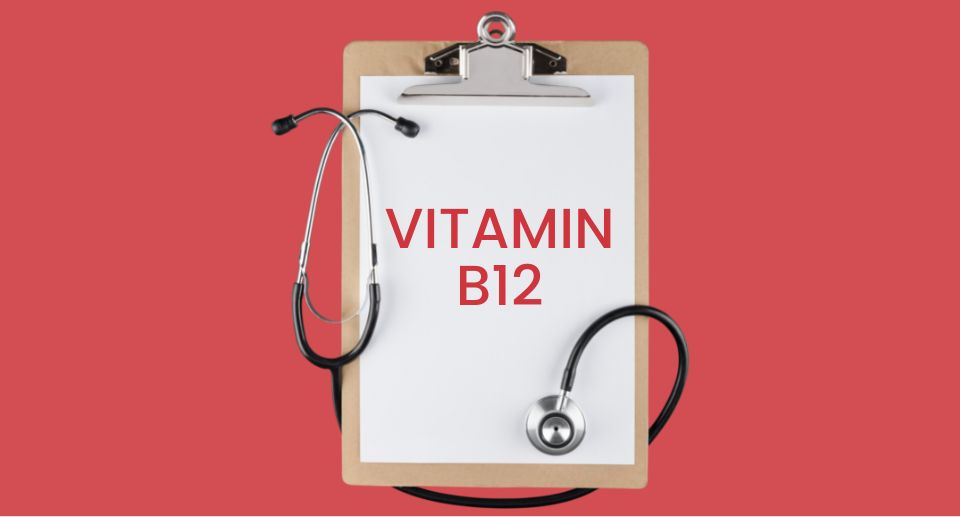
Author: Sarah Chan, PA-C

Some patients are unable to break down the protein to absorb vitamin B12 into the bloodstream while others are at risk for low levels of B12 because the food consumed doesn’t contain high enough amounts of B12, such as vegetarians or vegans. Patients can also be at risk for low levels of B12 if they are taking certain medications such as antacids or antihistamines, which can block the absorption of B12.
What can vitamin B12 do for me?
Vitamin B12 is a crucial vitamin needed for metabolic and hormonal functions. It helps with the production of our digestive enzymes and the transporting of nutrients in and out of our cells. Other roles of vitamin B12 is that it helps in the conversion of homocysteine to methionine, which protects cardiovascular health, metabolizing protein and fat, and it also plays a role in fetal development during pregnancy.,
B12 injections have great benefits and can last in your system for up to a month. Many people prefer B12 injections versus taking a daily vitamin. B12 can also:
- Improve mood and helps retain memory and mental functions
- Lower fatigue and reduces muscle weakness
- Improve metabolism
- Boost sperm count
- Prevent or treat diabetic neuropathy, pins and needles (paraesthesia)
What symptoms can occur with vitamin B12 deficiency?
Chemically, vitamin B12 can exist in various forms, but all of them contain the mineral cobalt. The liver can store the vitamin for a long time, so it may take a few years for deficiency and symptoms to develop. Some common signs and symptoms of vitamin B12 deficiency include:
- Difficulties with maintaining balance
- Fatigue, lethargy or feeling faint
- Feeling of pins and needles
- Headache or irritability
- Mouth sores
- Reduced cognitive function (memory or comprehension issues)
- Sore and swollen tongue (may appear pale yellow or red)
- Vision changes
What foods contain vitamin B12?
Vitamin B12 is available in animal-based foods, as well as fortified foods that have added B12. Fortified foods usually include milk alternatives and breakfast cereals, and selections vary depending on the country. Some especially rich sources of vitamin B12 include:
- Beef kidney: 1/3 cup (75 g) provides 311% of the RDI
- Beef liver: 1/3 cup (75 g) provides 881% of the RDI
- Canned salmon: 1/3 cup (75 g) provides 61% of the RDI
- Eggs: 2 large eggs provide 25% of the RDI
- Ground beef: 1/3 cup (75 g) provides 40% of the RDI
- Milk: 1 cup (250 ml) provides 20% of the RDI
- Trout: 1/3 cup (75 g) provides 61% of the RDI
Marque providers and nurses are qualified to administer vitamin B12 injections for patients. Just walk in, no reservation is ever necessary.
The information provided is for general interest only and should not be misconstrued as a diagnosis, prognosis or treatment recommendation. This information does not in any way constitute the practice of medicine, or any other health care profession. Readers are directed to consult their health care provider regarding their specific health situation. Marque Medical is not liable for any action taken by a reader based upon this information.

